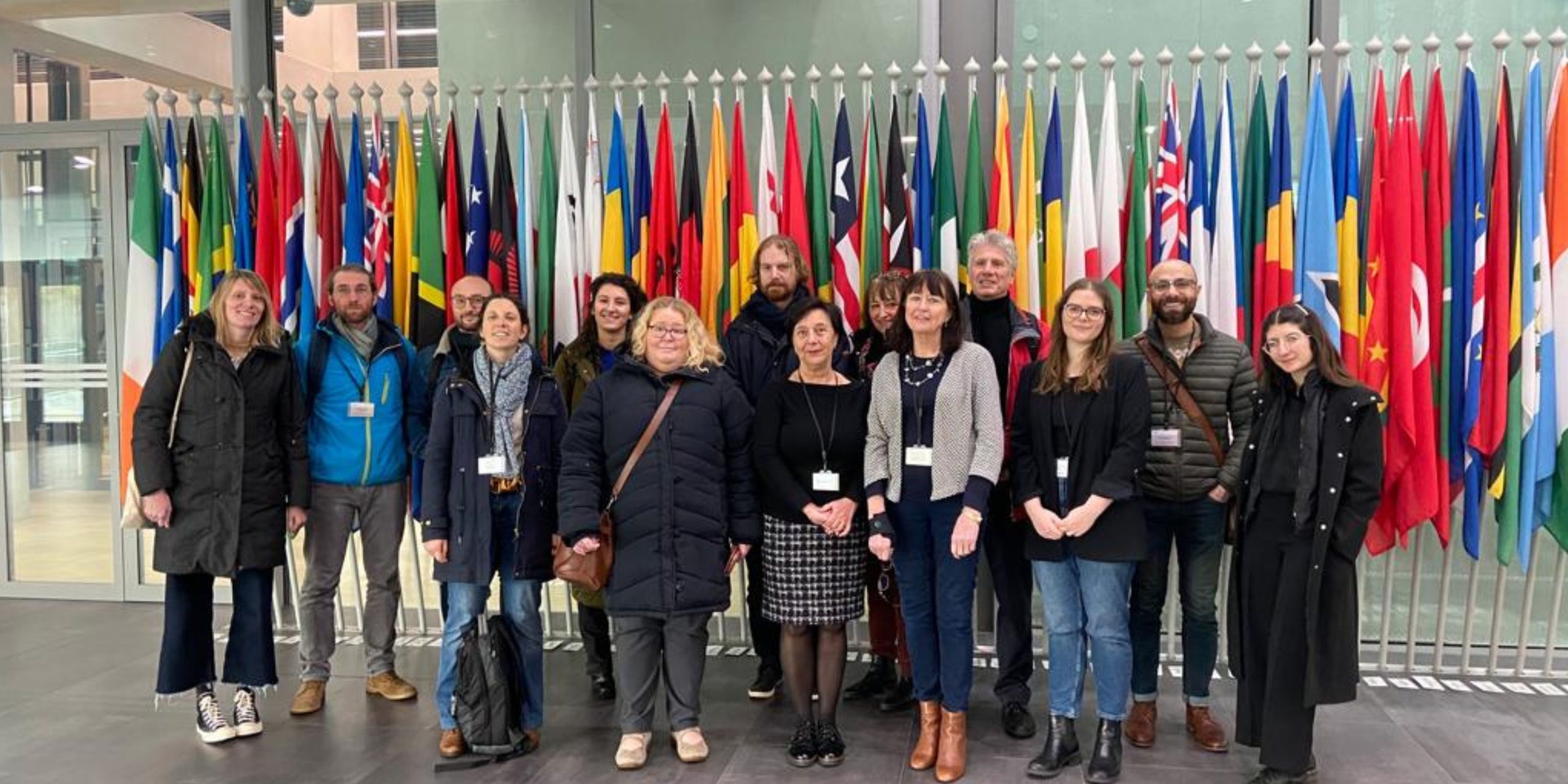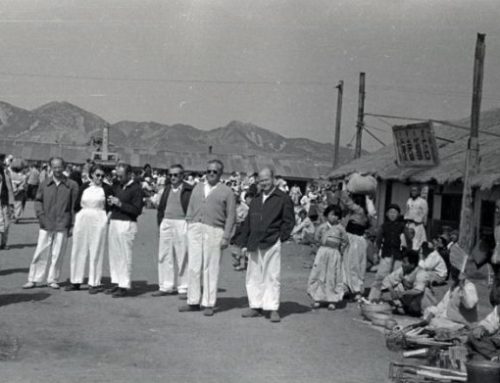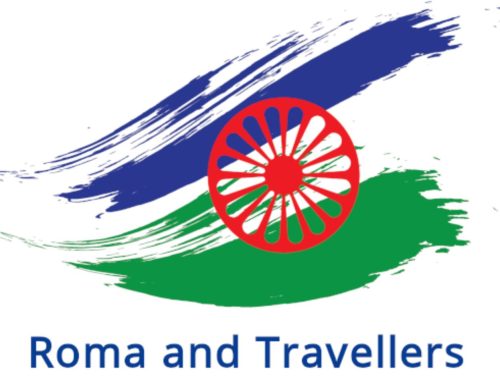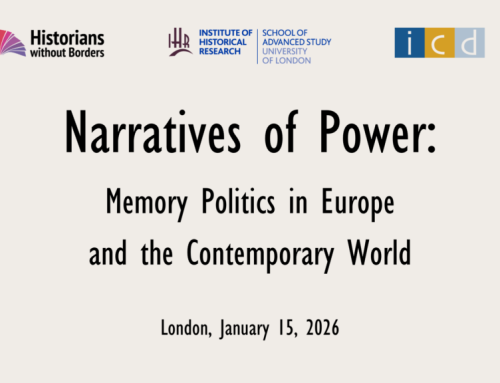Premise
As an educator, I am always on the lookout for innovative and effective tools and resources that can help me engage and inspire my students. That’s why I was thrilled to attend the EuroClio two-day workshop for teachers “Seeking Justice: From Nuremberg to The Hague” last February and learn about JustNow, a cutting-edge platform for teaching and learning about global issues and human rights. In this post, I will share my insights and experiences with JustNow and the Model International Criminal Court (MICC)’s application, a resource I was introduced to during the workshop, and highlight the benefits of incorporating these tools into my classroom.
The EuroClio teacher workshop “Seeking justice: from Nuremberg to The Hague”
“Seeking justice: from Nuremberg to The Hague” aimed at suggesting school-based activities on human rights, conflict resolution, and social justice; it featured keynote speakers and networking opportunities, and was designed to foster collaboration and innovation in the field of global education.
The workshop was delivered by a team of experienced educators: their expertise and passion for the subject matter was evident throughout the workshop and they did an excellent job of creating a supportive and challenging learning environment.
Another aspect of the experience that I found particularly valuable was the focus on practical classroom applications: I had the opportunity to be introduced to and explore JustNow, a digital, cloud – based (and user friendly) platform that employs interactive simulations, case studies, and multimedia resources to engage students in complex issues such as human rights violations, conflict resolution, and peacebuilding. JustNow is intended for educators and students of all levels, from primary schools to universities: the contents can easily be integrated into existing lesson plans and curricula and customized to meet the specific needs and goals of individual classrooms and students.
As CLIL (Content and Language Integrated Learning) teacher, I appreciated the range of multimedia resources included in the platform, such as videos, images, and audio recordings, because they are ready-made material that can be easily adapted to different levels of language proficiency and used to develop listening and speaking skills in the target language (English).
A closer look at the Model International Criminal Court (MICC)
In my case, as civic education teacher, I valued the fact that the EuroClio workshop gave me an insight of the Model International Criminal Court (MICC), a simulation of trials before the International Criminal Court (ICC): the MICC concept combines a moot court modelled on the ICC with a summer school on international criminal law. The program aims to educate and raise awareness for human rights and rules of warfare among high school students. Applying MICC provides students with a hands-on experience of the legal and ethical challenges involved in prosecuting and adjudicating international crimes. The EuroClio workshop’s programme included a visit to the ICC and attendance at a current trial. The experience was eye-opening and powerful: being able to witness the workings of an international criminal tribunal gave me a deeper understanding of the process of seeking justice for victims and the complexities of international criminal law.
Final reflection on incorporating JustNow platform and MICC into the classroom
After two months of implementing JustNow material and MICC in my classroom, I recommend them as a valuable resource for integrating human rights education into lessons, an easy way to engage and motivate students, and to help them develop critical thinking and problem-solving skills. The platform provided my pupils with a sense of agency and autonomy, as they explored complex themes, and made decisions that have real-world consequences. I used the resources available to launch student-led campaigns (a campaign to support migrants’ rights), organise peaceful rallies and protests, and raise awareness around important issues. My students were encouraged in conducting respectful and meaningful discussions with their classmates: the activity plans provided debate topics and essay prompts that allowed me to teach about diverse cultures and perspectives. The tasks I assigned were based on the captivating material I found in the learning scenarios, such as animation films, timelines, and gamified approaches (e.g. Kahoot quizzes, the agree-disagree ball toss, and so on). Assessment tools and analytics are also included, which helped me track students progress and engagement, and allowed them to receive immediate feedback and opportunities for self-reflection and evaluation. MICC was fruitfully employed to stimulate students’ research skills when they were asked to prepare a trial simulation of WWII fascist leaders: the simulation immersed students in the historical context of the crimes providing them with the legal framework for prosecuting such crimes. This approach highlighted the importance of international justice in preventing future atrocities: debating the assigned topic, students became able to explore multifaceted questions, make decisions, and evaluate the consequences of their actions. The overall feedback from my students was positive and enthusiastic and I will use this approach in my future history lessons to teach about the importance of justice and accountability in the past and in the present times.
Join the next Seeking Justice workshop for teachers 2-3 October 2023! More info ->
Written by Emma Abbate
PhD Università Federico II di Napoli
Teacher with permanent position Liceo Scientifico Armando Diaz Caserta
CLIL teachers trainer Università L’Orientale Napoli
IET (Innovative Educational Trainer) Expert
European Film Factory Focus Group













